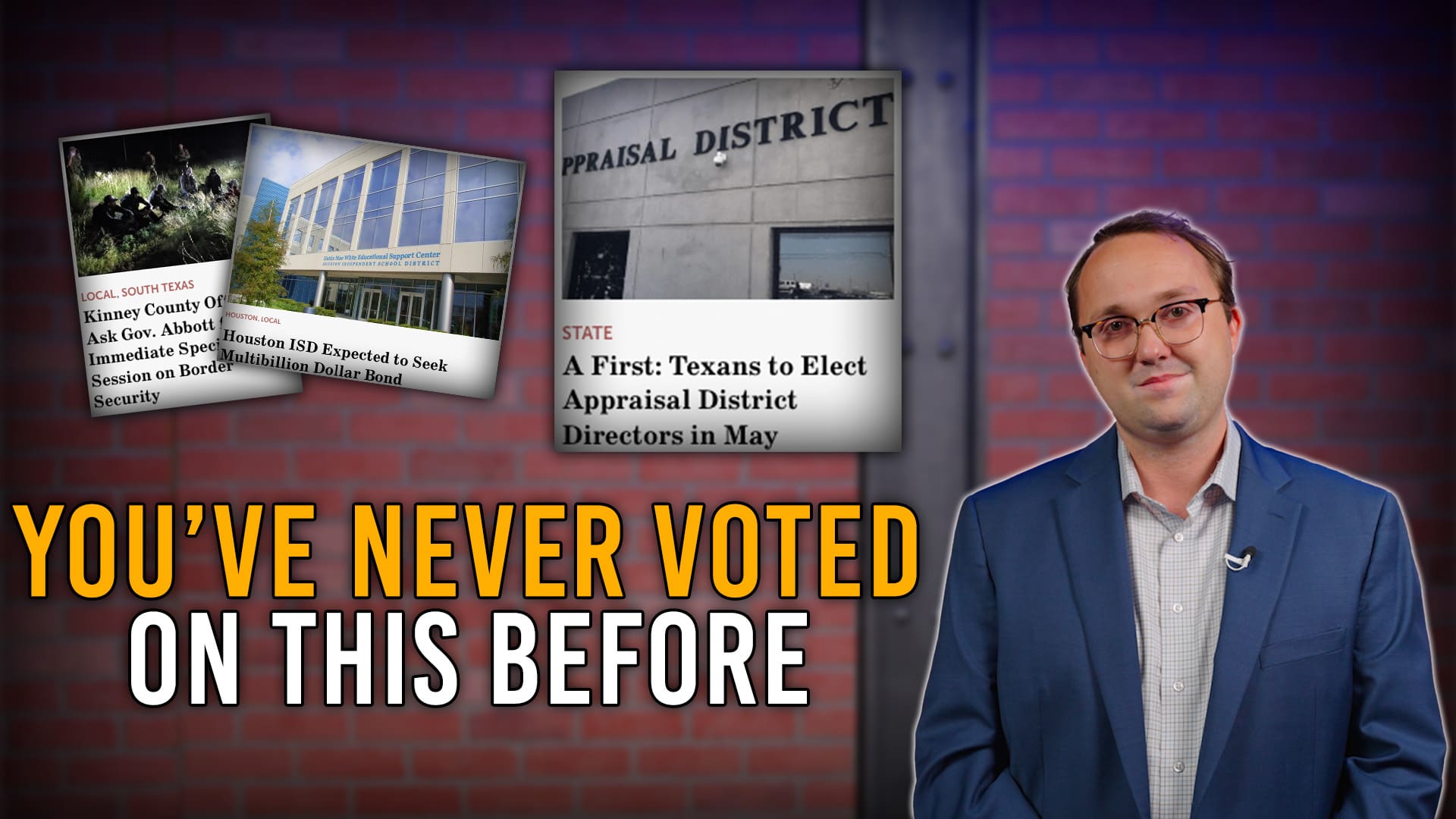The current debate over state education funding is prompting many of us to take a closer look at the way local school districts are spending precious funds. One district in my own county gives particular cause for concern.
The Leander Indpendent School District has 30,321 students, but according to Texas Education Agency reports, the LISD property tax rate is among the highest in the state at $1.422. Superintendent Brett Champion, enjoys a salary of $194,399, along with other benefits, including a $1,000 per month car allowance and extra paid vacation time (beyond the usual paid breaks in the school year).
Like most Texas districts, teachers make up only 52% of LISD employees, although there are quite a few other non-teacher instructional staff members. Curiously, although 13.4% of students are considered ‘Gifted/Talented’ and only 4.9% are ‘Bilingual/ESL,” the district employs 59 Bilingual/ESL teachers, but only 36 Gifted/Talented teachers.
The most disturbing data from LISD’s reports, however, are that total district expenditures are a whopping $17,084 per student. Unfortunately for Leander ISD, voters (probably the usual 4-6% that bother to vote in these elections,) have allowed the district to accumulate a shocking $1.2 Billion in bond debt. (You won’t find much of this information at the District’s website, and the TEA reports are ridiculously difficult to obtain, but I’ve tried to make them more available at the above links.)
It seems back in 2007, the LISD School Board got a bit giddy, and even though they had just passed a $286 million bond the previous year, they convinced residents to approve a whopping $559 million bond- the largest ever in Central Texas. The bond was purportedly to construct numerous schools, including a new regional sports stadium with a $22.5 million price tag. A second stadium, A.C. Bible, was completely demolished and re-built for about $12 million. While LISD did open the new state-of-the-art Vandegrift High School last year (for $117.6 million) and the John Gupton Stadium , two additional schools will be completed, but will not actually open. The district does not have funds to hire the appropriate staff, which begs the question, why were sports stadiums a higher priority than supposedly much needed schools?
As if such massive borrowing were not disturbing enough, it seems the district has also made an annual habit of tapping their own rainy day funds to balance the budget. In 2008 they used $4 million, in 2009 $5 million, and in 2010 took $5.9 million out of reserve funds to cover expenses. This, in addition to as much as $8 million in stimulus funds, a one-time bump designed to ‘save’ jobs. And yet, instead of cutting expenses, the board approved an across the board employee raise of 1.5% in 2009 and a 6% increase for the Superintendent in 2010.
Defenders of LISD are anxious to point out how very, very wonderful their schools are; after all, the district is ‘recognized’ according to the Texas Education Agency. But the painful truth is that 16 of LISD’s 37 schools inflated ratings by applying the TPM, or Texas Projection Measure. The controversial provision allows schools to ‘deem’ students as passing standardized tests if the school predicts they will pass within the next few years. In other words, students who failed are counted as passing. Furthermore, the district has been criticized in recent years for watering down standards for high school students.
The problems facing Leander Independent School District are a cautionary tale for all of us. Focus on federal spending and borrowing isn’t going to be enough to save our country from insolvency. We simply cannot continue to turn a blind eye to the way local entities, including school districts, are handling finances. Unfortunately, many residents seem to think, “I entrust my children to them, therefore they must be trustworthy.” Sadly, our school districts have failed to manage finances prudently.
As expected LISD is considering all options, including significant tax increases. What taxpayers and elected officials should be doing however, is demanding accountability and reforms to the way education funds are spent. If allowed to maintain this dangerous course of tax-borrow-and-spend without real accountability, our education industry will slowly crush local economies and saddle our children with impossible debt.



